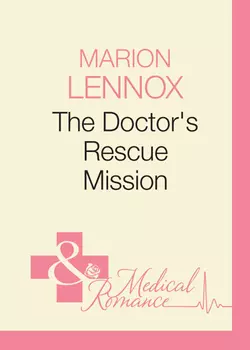The Doctor′s Rescue Mission

Marion Lennox
Тип: электронная книга
Жанр: Современные любовные романы
Язык: на английском языке
Стоимость: 150.68 ₽
Статус: В продаже
Издательство: HarperCollins
Дата публикации: 16.04.2024
Отзывы: Пока нет Добавить отзыв
О книге: The disaster. A tidal wave has swept across Petrel Island. Houses are destroyed, people injured, homeless…or worse.The rescuers. Dr. Grady Reece leads an Air-Sea Rescue team to help the isolated community…and finds dedicated doctor Morag Lacy in charge.The unfinished business! Morag and Grady once had a blazing affair and a brilliant future, before she left him to be the island doctor. Grady has never stopped loving her but she′ll never abandon her duty. Could this be his chance to win her back?